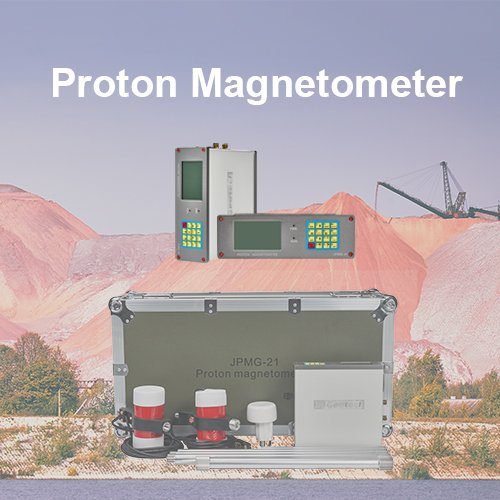Welcome to Geotech!

Introduction to Electrical Resistivity Tomography (ERT) and Time-Domain Induced Polarisation (TDIP/IP)
Keywords Integration
Electrical Resistivity Tomography, ERT, Time-Domain Induced Polarisation (TDIP/IP)
- Electrical Resistivity Tomography, ERT
- Time-Domain Induced Polarisation (TDIP/IP)

1.Core Principles and Technical Characteristics
1.1 Electrical Resistivity Tomography (ERT)
Target property: Electrical resistivity ρ(Ω·m)
Technical sensitivity:
- Water/fluid content
- Porosity variations
- Lithological structures
- Salinity gradients
1.2 Time-Domain Induced Polarisation (TDIP/IP)
Target property: Apparent chargeability mₐ(mV/V)
Technical sensitivity:
- Clay mineral identification
- Metallic particle detection
- Plastic material localization
- Lithological stratification
2.Data Acquisition System and Measurement Principles
2.1 Electrode Configuration
Stainless steel electrode array with 0.75m spacing (adjustable according to detection depth)
2.2 Core Measurement Equations
ERT measurement based on Ohm’s law:R=IΔV
TDIP measurement using apparent chargeability formula:
ma=VpVS=Vp(t2−t1)1∫t1t2V(t)dt
3.Engineering Applications and Case Studies
3.1 Landfill Characterization
Belgium Meerhout case verification:
- 110-electrode array deployment
- 2s current pulse + 2s decay monitoring
- 6-level dipole-dipole configuration
- Successful 3D contamination modeling
3.2 Technical Comparison Matrix
| Detection target | ERT | TDIP |
| Thickness of cover layer | ✓ | ✓ |
| Pollution plume | ✓ | ✓ |
| Groundwater level | ✓ | – |
| Metallic material detection | – | ✓ |
| Clay distribution | – | ✓ |
4.Advantages and Limitations
4.1 ERT Characteristics
Advantages:
- Cost-effective solution
- High water sensitivity
- 2D/3D/4D modeling capability
Limitations:
- Depth resolution attenuation
- Geological parameter overlap
4.2 TDIP Characteristics
Advantages:
- Specialized metal/clay detection
- Quantitative analysis potential
Limitations:
- Slower data acquisition
- Electrochemical mechanisms need further study
5.Project Implementation Recommendations
5.1Pre-investigation design: Conduct feasibility studies for configuration validation
5.2Data quality control: Implement systematic QA/QC protocols
5.3Multi-technology integration: Recommend combined use with MASW/GPR
5.4Model verification: Mandatory reliability assessment and geological validation
To learn more about ERT, please go to the following link:
Geotech Products| Geotech Instrument Co., Ltd. (geotechcn.net)
-1.png)


